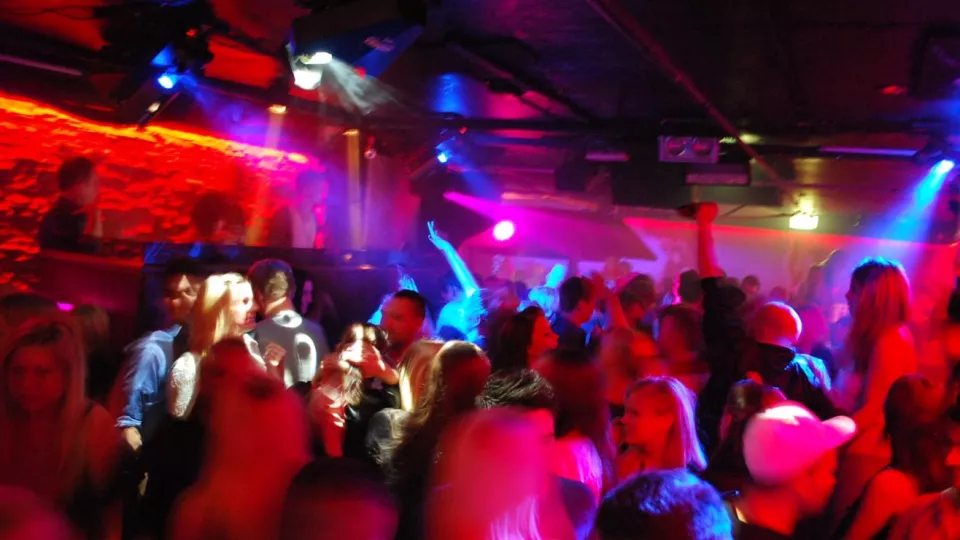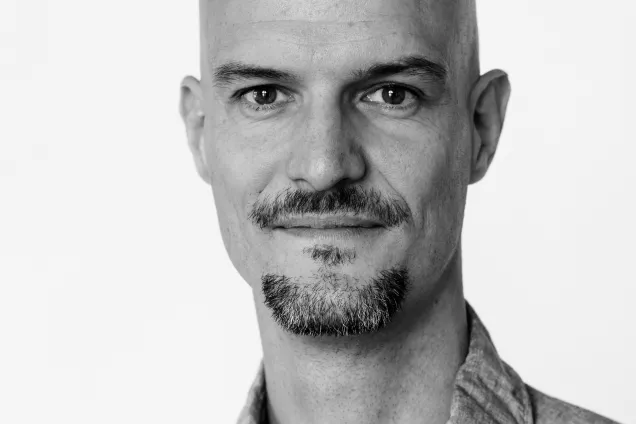This book takes us to bars, nightclubs, festivals, nightlife resorts, underground dance parties and drug dens to explore the nature of partying, especially focused on intoxication.
Why do people across cultures gather regularly to intoxicate themselves?
With the help of microsociology, cultural criminology and cultural sociology, Tutenges shows the deeper meaning of moving beyond the everyday, into a changed state of mind where the transcendent, spectacular and unexpected can take place.
Tutenges believes that the primary purpose of group intoxication is the religious experience that the French sociologist Émile Durkheim calls collective effervescence, the essence of which is a feeling of connection with other people and being part of a larger whole. This experience is invigorating and encouraging. It can lead to crime and deviations, but at the same time this feeling is vital for our humanity because it strengthens social bonds and solidarity.



